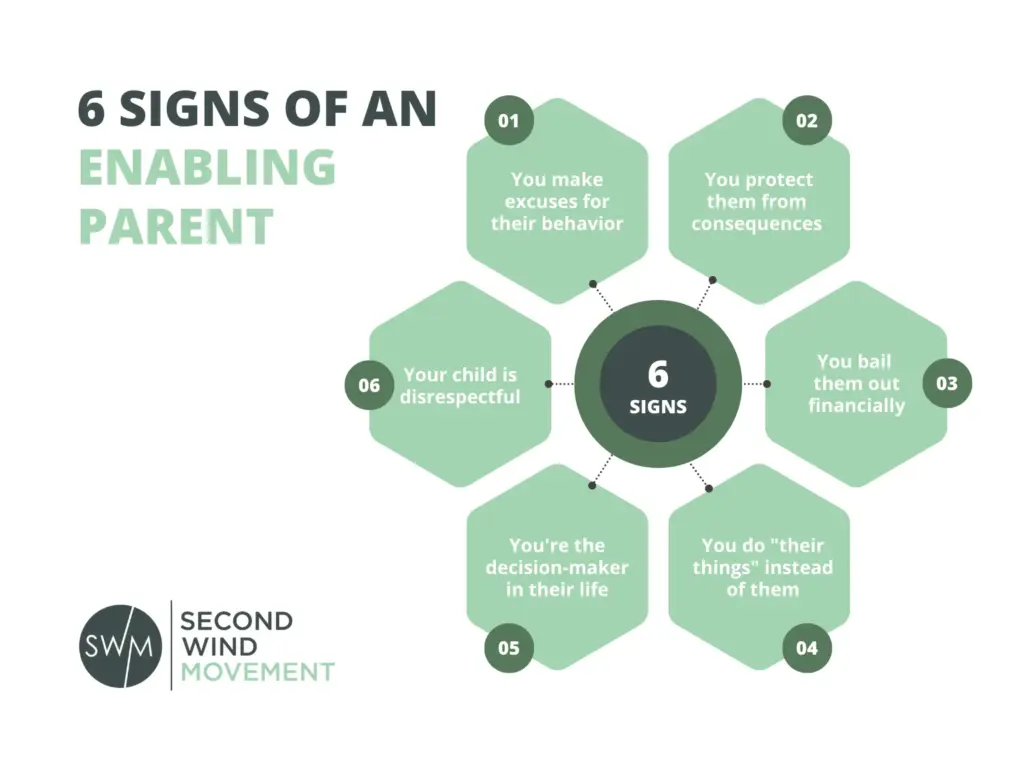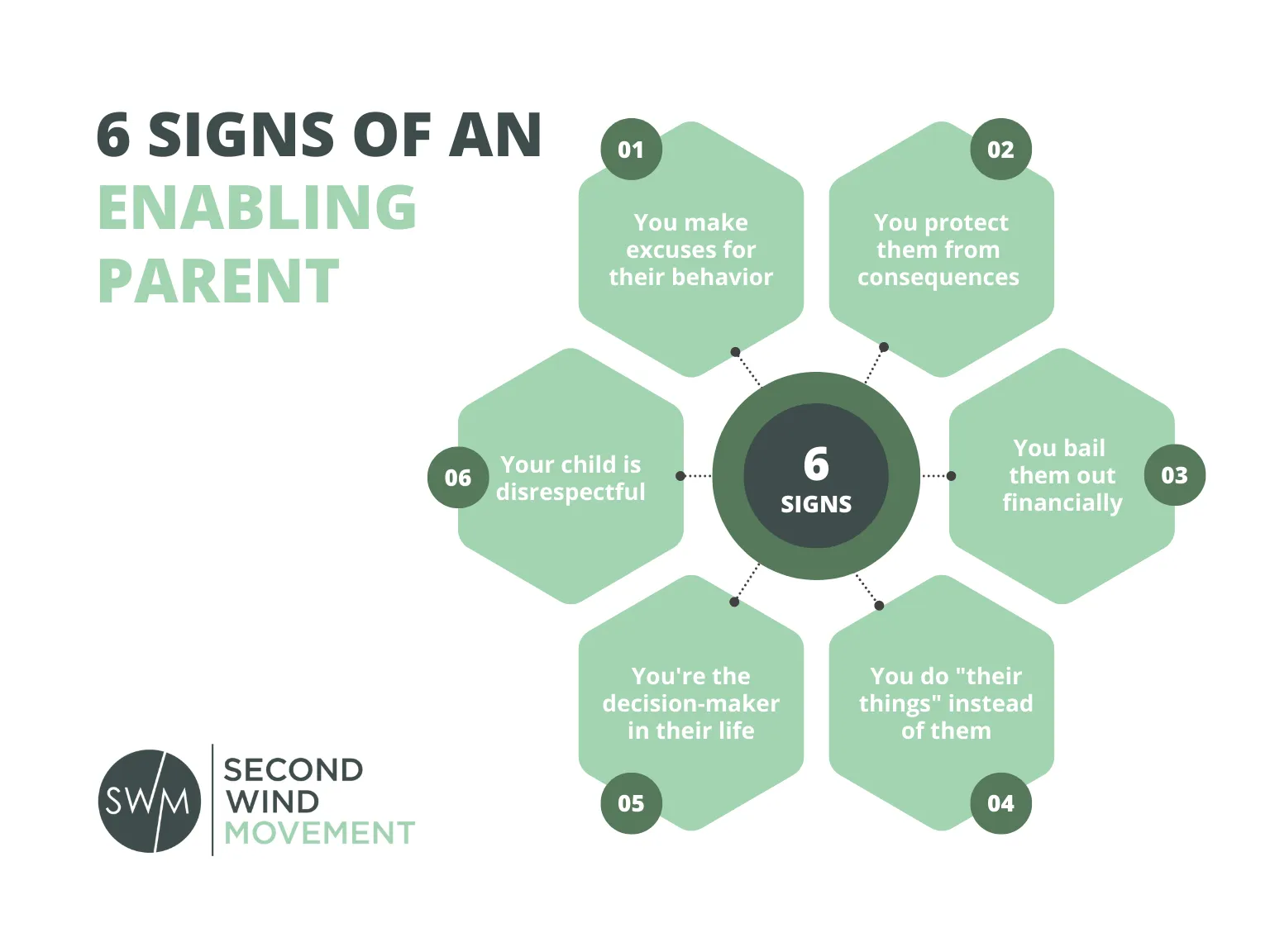
Letting Go of Your Adult Children: A Guide for Parents
One of the most challenging transitions for parents is letting go of your adult children. After years of nurturing, guiding, and protecting them, the time comes when they need to forge their own paths. This transition can be fraught with anxiety, both for parents and their children. Understanding the dynamics at play and adopting healthy strategies can ease this process, fostering a continued strong relationship while respecting their independence. This article provides practical advice and insights on how to navigate this significant life stage, focusing on letting go of your adult children gracefully and effectively.
Understanding the Challenges of Letting Go
The difficulty in letting go of your adult children often stems from deeply ingrained parental instincts. For years, your primary role has been to ensure their well-being. Seeing them venture into the world, making their own decisions (which may differ from what you would choose), can trigger feelings of protectiveness, fear, and even grief. Some common challenges include:
- Fear of their safety and well-being: Parents naturally worry about their children’s safety, especially as they face new challenges and risks in adulthood.
- Disagreement with their choices: It’s common for parents to disagree with their adult children’s life choices, such as career paths, partners, or lifestyle decisions.
- Feeling a loss of control: As children become independent, parents lose the control they once had over their lives. This can lead to feelings of helplessness and frustration.
- Difficulty adjusting to a new role: The parental role evolves significantly as children grow up. Adjusting to this new role, where you are more of a consultant than a director, can be challenging.
- Empty nest syndrome: The departure of children from the family home can lead to feelings of loneliness, sadness, and a sense of purpose.
The Importance of Letting Go
While it’s natural to experience these challenges, letting go of your adult children is crucial for their development and your own well-being. Over-involvement can hinder their ability to develop independence, resilience, and problem-solving skills. By allowing them to navigate their own lives, you empower them to become confident and capable adults. Furthermore, letting go allows you to focus on your own life, pursue your interests, and strengthen other relationships.
Here’s why letting go of your adult children is so important:
- Promotes Independence: Allows them to develop their own identity and make their own decisions.
- Builds Resilience: Facing challenges and overcoming obstacles on their own builds resilience and self-confidence.
- Strengthens the Parent-Child Relationship: Respecting their independence fosters a more mature and respectful relationship.
- Reduces Stress: Letting go can reduce stress and anxiety for both parents and children.
- Allows for Personal Growth: Parents can focus on their own interests and goals, leading to personal fulfillment.
Strategies for Letting Go
Letting go of your adult children is a process that requires conscious effort and a shift in perspective. Here are some practical strategies to help you navigate this transition:
Acknowledge Your Feelings
The first step is to acknowledge and validate your feelings. It’s okay to feel sad, anxious, or even angry about your children’s independence. Allow yourself to experience these emotions without judgment. Talking to a therapist, counselor, or support group can provide a safe space to process your feelings and develop coping strategies.
Set Healthy Boundaries
Establishing healthy boundaries is essential for maintaining a respectful and balanced relationship with your adult children. This means respecting their decisions, even if you don’t agree with them, and avoiding unsolicited advice. It also means setting limits on how much time and energy you devote to their lives. Define clear expectations for communication, financial support, and involvement in their personal affairs. For example, agree on how often you will communicate and what topics are off-limits. Clearly communicate these boundaries to your children and be prepared to enforce them. [See also: Setting Healthy Boundaries with Adult Children]
Focus on Your Own Life
One of the best ways to let go of your adult children is to focus on your own life and interests. Rediscover old hobbies, pursue new ones, and invest in your own well-being. This will not only keep you busy and engaged but also demonstrate to your children that you are a strong and independent individual. Consider taking a class, volunteering, traveling, or simply spending more time with friends and family. The more fulfilled you are in your own life, the easier it will be to let go of your children.
Offer Support, Not Control
While it’s important to respect your children’s independence, it’s also important to offer support when they need it. Be available to listen, offer advice (when asked), and provide practical assistance when appropriate. However, avoid trying to control their lives or make decisions for them. Instead, empower them to solve their own problems and learn from their mistakes. Offering support means being a resource, not a rescuer. For example, you can offer to help them research job opportunities or review their resume, but avoid applying for jobs on their behalf. [See also: Supporting Your Adult Child’s Career Choices]
Communicate Openly and Respectfully
Open and respectful communication is crucial for maintaining a healthy relationship with your adult children. Be honest about your feelings and concerns, but avoid being judgmental or critical. Listen actively to their perspectives and try to understand their point of view, even if you don’t agree with it. Avoid nagging, lecturing, or giving unsolicited advice. Instead, focus on building a relationship based on mutual respect and understanding. When disagreements arise, try to approach them calmly and constructively, focusing on finding solutions that work for both of you. [See also: Effective Communication Strategies with Adult Children]
Embrace the New Relationship
The relationship with your adult children will inevitably evolve as they grow older. Embrace this new phase of the relationship and focus on building a more mature and equal partnership. This means treating them as adults, respecting their opinions, and valuing their contributions. It also means being open to learning from them and accepting that they may have different perspectives and values. As your children become more independent, you may find that your relationship becomes stronger and more rewarding. Letting go doesn’t mean losing your children; it means gaining a new and deeper connection with them.
Seek Professional Help
If you are struggling to let go of your adult children, consider seeking professional help. A therapist or counselor can provide guidance and support, helping you to process your feelings, develop coping strategies, and improve your communication skills. They can also help you to identify any underlying issues that may be contributing to your difficulty in letting go, such as anxiety, depression, or codependency. Seeking professional help is a sign of strength, not weakness, and it can be a valuable investment in your own well-being and the well-being of your family.
Common Mistakes to Avoid
When letting go of your adult children, it’s important to be aware of common mistakes that can hinder the process and damage your relationship. These include:
- Giving Unsolicited Advice: Resist the urge to constantly offer advice, especially if it’s not asked for.
- Being Overly Critical: Avoid criticizing their choices or behaviors, as this can lead to resentment and defensiveness.
- Enabling Dependence: Don’t enable their dependence by providing financial support or assistance that they can handle themselves.
- Guilt-Tripping: Avoid using guilt or manipulation to control their actions or decisions.
- Comparing Them to Others: Don’t compare them to their siblings or other people, as this can damage their self-esteem.
- Ignoring Boundaries: Respect their boundaries and avoid intruding on their personal lives.
The Long-Term Benefits of Letting Go
While letting go of your adult children can be challenging in the short term, it offers significant long-term benefits for both parents and children. By fostering independence, resilience, and mutual respect, you can create a stronger and more fulfilling relationship that will last a lifetime. Letting go allows your children to become confident and capable adults, while also allowing you to focus on your own well-being and personal growth. Ultimately, letting go is an act of love that empowers both you and your children to thrive.
Letting go of your adult children isn’t easy, but it is necessary. By understanding the challenges, adopting healthy strategies, and avoiding common mistakes, you can navigate this transition with grace and build a stronger, more fulfilling relationship with your children. Remember that letting go is not about abandoning your children; it’s about empowering them to live their own lives and become the best versions of themselves. It is about redefining the parent-child relationship into one of mutual respect, understanding, and support. The journey of letting go is a testament to your love and belief in their potential.
This process of letting go of your adult children requires patience, understanding, and a willingness to adapt. It’s a journey of personal growth for both you and your children, and while it may be difficult at times, the rewards of a healthy, independent relationship are well worth the effort. Remember to celebrate their successes, support them through their challenges, and cherish the bond you share, even as it evolves. Letting go, in its truest sense, is an act of love that allows both you and your children to flourish.

